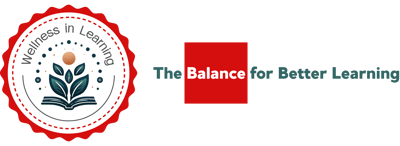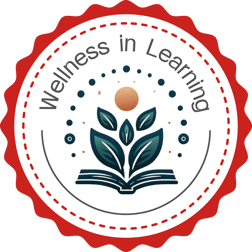
The Cornerstone of Development: Cognitive Health in Children
As parents and educators, we dedicate ourselves to nurturing the physical and emotional well-being of our children. But often, the development of their cognitive health—their ability to think, learn, and problem-solve—is not as explicitly addressed. In reality, cognitive health is a cornerstone of a child's overall development, profoundly influencing their success and happiness.
HIGHLIGHTS
Nelly Montoya
5/8/20242 min read
What is Cognitive Health?
Cognitive health encompasses several key mental abilities, including:
Memory: The ability to retain and recall information.
Attention: The capacity to focus and concentrate.
Language Development: The acquisition of communication skills.
Problem-Solving: The skill of identifying and resolving challenges.
Executive Functions: Higher-level thinking skills like planning, organization, and self-control.
Why Cognitive Health Matters for Children
During childhood, the brain undergoes rapid development, making this period crucial for establishing a strong cognitive foundation. Here's why cognitive health is so vital:
Academic Success: Cognitive skills are fundamental to learning in school. Children with strong cognitive abilities tend to perform better in reading, math, and other subjects.
Social and Emotional Development: Cognitive skills help children understand and manage their emotions, build relationships, and navigate social situations. For example, understanding cause and effect helps a child learn the consequences of their actions.
Physical Health: Cognitive development is intertwined with physical activity and healthy habits. For instance, a child with good self-control is more likely to engage in regular exercise.
Creativity and Innovation: Cognitive flexibility and problem-solving skills foster a child's ability to think creatively and come up with new ideas. This is important not only for arts and self-expression, but also for adapting to new situations.
Future Success: The cognitive skills developed in childhood lay the groundwork for success in adulthood, influencing educational attainment, career opportunities, and overall well-being.
Nurturing Cognitive Health in Children
Fortunately, parents and educators can play a significant role in supporting children's cognitive development. Here are some effective strategies:
Provide a Stimulating Environment: Offer opportunities for exploration, play, and learning.
Encourage Play: Play is not just fun; it's essential for developing cognitive skills like problem-solving, creativity, and social interaction.
Promote Language Development: Engage in conversations with children, read to them, and encourage them to express themselves.
Foster Problem-Solving Skills: Encourage children to think critically and find solutions to challenges.
Support Executive Function Development: Help children develop planning, organization, and self-control skills through activities and routines.
Limit Screen Time: Excessive screen time can hinder cognitive development. Encourage balanced use and prioritize interactive activities.
Prioritize Sleep, Nutrition, and Physical Activity: These factors are crucial for brain development and function.
Culturally Relevant Activities: Incorporate activities that celebrate and reinforce cultural heritage, such as traditional games, stories, and celebrations. This strengthens cognitive development and identity.
A Call to Action
Investing in children's cognitive health is an investment in the future. By prioritizing early childhood development, providing quality education, and creating supportive environments, we can empower the next generation to reach their full potential and contribute to a thriving society. Let's work together to ensure that every child has the opportunity to develop a sharp mind and a healthy future.
Why a Sharp Mind is Essential for a Child's Growth


info@wellnessinlearning.com
The name Wellness in Learning® and NeuroNeural®, the logos, and slogans constitute industrial property and are or may be in the process of being registered with the relevant authorities. Therefore, any unauthorized reproduction of these by any means is prohibited.
© Wellness in Learning 2025. All rights reserved.


